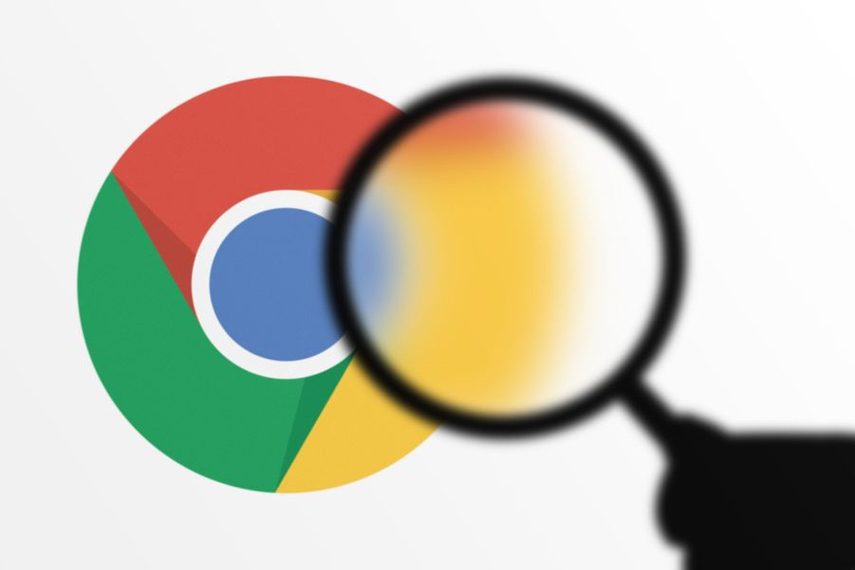
Please sign in or register
Existing users sign in here
Having trouble signing in?
Contact Customer Support at
[email protected]
or call+852 3175 1913
As the Department of Justice pushes for Google to divest Chrome, the ripple effects could redefine browser competition, shake up web standards, and disrupt the advertising ecosystem as we know it.

Contact Customer Support at
[email protected]
or call+852 3175 1913
Top news, insights and analysis every weekday
Sign up for Campaign Bulletins
‘Little joys’ and the continued impact of Asia across Western culture cannot be ignored.
Patrasuwan’s marketing philosophy of delivering high-quality food at affordable prices and always keeping the customer at the heart of every decision has led KFC to become the number-one brand in Thailand’s QSR industry.
As a chief strategy and product officer, Shell has extended her remit towards building Zenith’s business, growing its clients’ brands, driving innovation and shaping the industry’s principles to be responsible towards youth.
Catch up on our weekly roundup of people moves and pitch wins, with the latest updates from Havas, Adobe, W Communications, BurdaLuxury, UM and more.